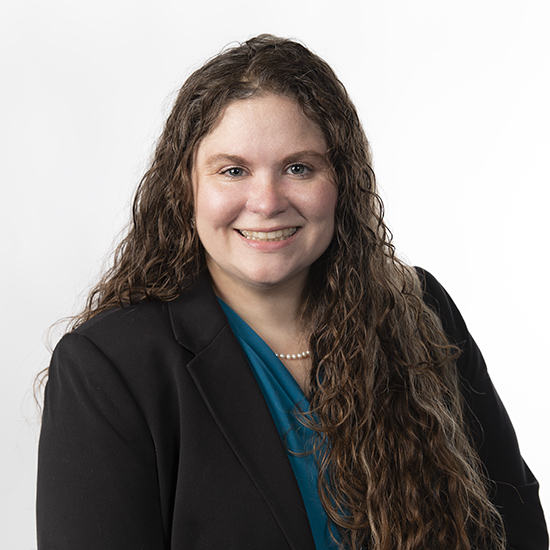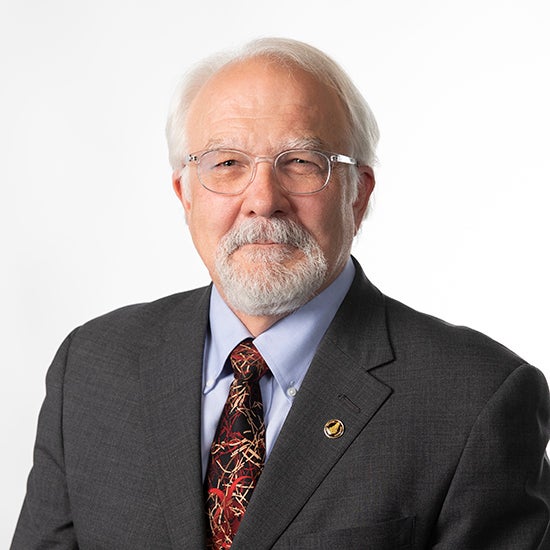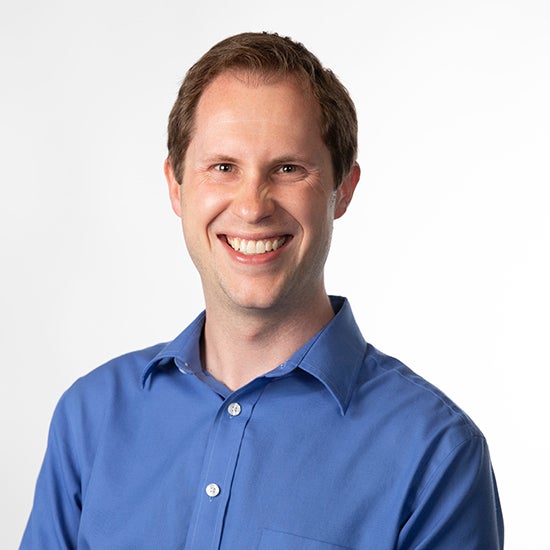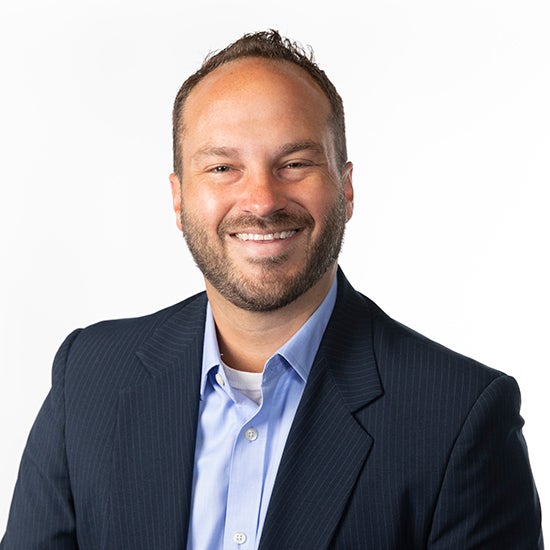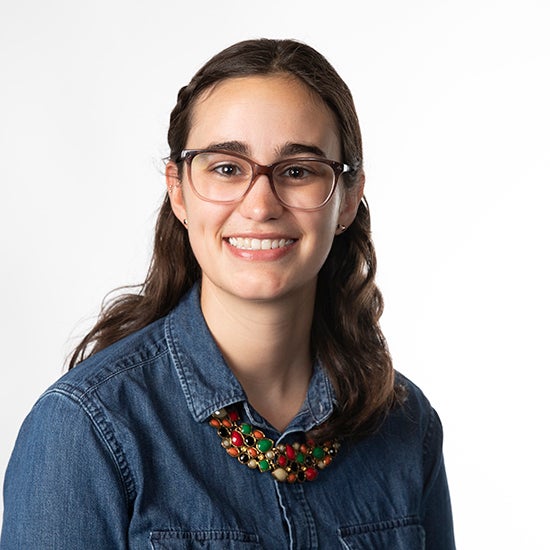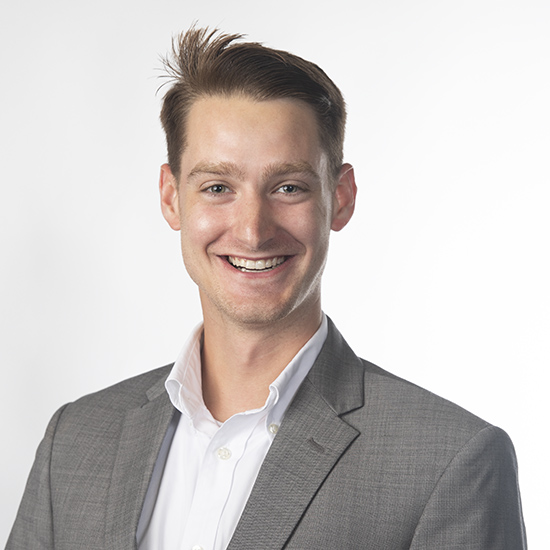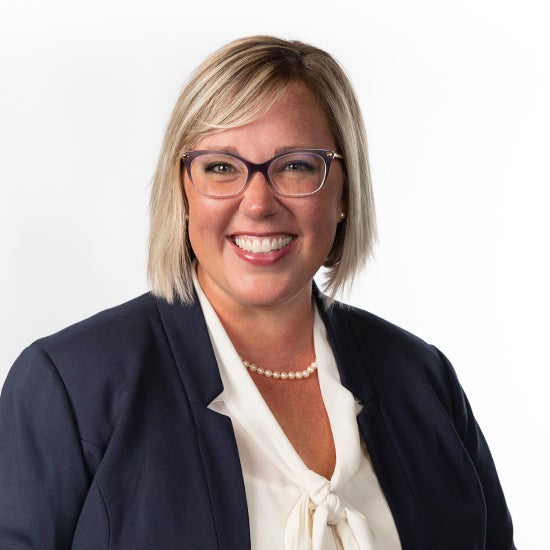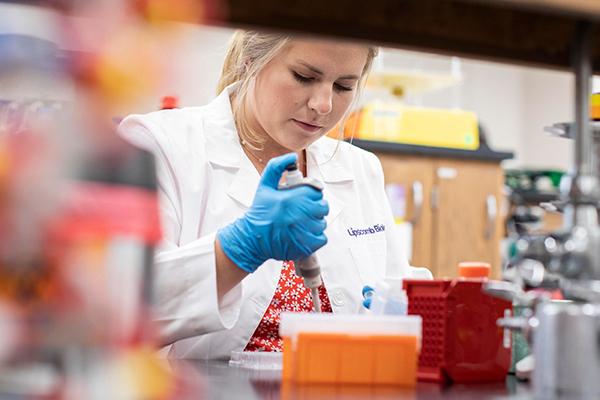
M.S. in Biomolecular Science (Post-Bacc, Pre-Med)
Program Overview
With a variety of post-bacc pre-med programs to choose from, you need a program to give your application the competitive edge it needs. You will graduate from our faith-based program, located in Nashville, Tennessee, prepared for your future and a successful career.
Our Biomolecular Science post-bacc pre-med program emphasizes an understanding of the application of experimental research to medicine. Students will complete courses both in the lab and in the classroom. Current primary literature based courses include Cancer Biology, Clinical Research, Immunology, Cellular Molecular Physiology, Stem Cell Biology and others. Choose a concentration in either Human Disease or Laboratory Research, and we will give you the experience, opportunities and skills necessary to stand out.
There are also research opportunities in the areas of cancer biology, immunology and infectious disease, the microbiome and parasitology. You can view faculty members' bio's below for more information about their research.
Whatever your ultimate career goal, be it clinical or laboratory in nature, the Lipscomb BMS program and faculty will provide you the guidance, education and experience necessary to ensure that you are a strong applicant and valuable asset in a growing market of patient facing careers.
Program Outcomes
Our established post-bacc program with over 10 years experience has produced students with a proven track record of success.
- 77% of our pre-med grads are accepted to medical school
- 90% acceptance to Ph.D. programs
Not going to med school right away? This program is an excellent addition for your medical school application. It also serves as a great boost to your professional resume and future employment opportunities.
Other graduates from our program have achieved their goals and become dentists, started their own biotech companies, found success in medical sales and clinical research.
The curriculum is created with an emphasis on: Molecular biology, including experimental design and laboratory techniques; The application of molecular biology to human disease, specifically infectious diseases and cancer biology; and scientific communication. All skills which will aid you in your scientific endeavors.
Why Earn a Degree at Lipscomb?
With a variety of post-bacc pre-med programs to choose from, you need a program to give you a competitive edge in the workforce. Lipscomb University is located in the heart of Nashville, Tennessee, providing our students with health care and research opportunities both while in the program and beyond. Let Lipscomb’s Career Development Center help you improve your resume, give you a mock interview and connect you with local job or shadowing opportunities to gain valuable experience in your chosen field. If you hope to progress onto a health-related professional school, Lipscomb’s Health Professions Advisory Committee (HPAC) office can help revise your personal statement and provide valuable counseling to help strengthen your application.
With an average cohort size of less than 15, you'll get the attention you crave and deserve from proven faculty who are not only extensively published and performing cutting-edge research but are passionate about mentoring students. Our faculty are deeply committed to your academic, professional and spiritual preparation throughout the program and beyond.
Our research-based program will provide you experience that will help you stand out as an applicant for a professional program while also providing you a marketable degree that you can leverage to gain an exciting career following graduation.
Admissions Requirements
Application Requirements
- Online Application
- Official transcripts from all schools attended
- GPA of 3.0 or higher
- 1-2 page Personal Statement
- Resume or CV
- The ideal candidate has undergraduate lab experiences, courses in cell or molecular biology, infectious disease and statistics, an average GPA of at least a 3.3 and a test score above the 50th percentile.
Priority deadlines
Fall, Spring and Summer cohorts:
- Fall — July 1
- Spring (Human Disease Track-only) — November 1
- Summer — April 1
- We do still consider applications received after the application deadline. However, you risk being put on the waitlist for that cohort.
Courses
All students in this program must complete the following Biomolecular Science courses:
Tuition & Aid
Program tuition is $1,080 per credit hour.
Month program
Program Highlights
Alumni and Student Stories
Student-to-faculty ratio
Our Faculty
Career Paths
Medical Scientists
Medical scientists conduct research aimed at improving overall human health. They often use clinical trials and other investigative methods to reach their findings.
Chemists and Materials Scientists
Chemists and materials scientists study substances at the atomic and molecular levels and analyze the ways in which the substances interact with one another. They use their knowledge to develop new and improved products and to test the quality of manufactured goods.
Doctors
Doctors are in charge of all aspects of patient care from diagnosis to treatment plan. Any area of expertise is a helpful aid for this responsibility.
Physician Assistants
Physician Assistants, also known as PAs, practice medicine on teams with physicians, surgeons, and other healthcare workers. They examine, diagnose, and treat patients.



